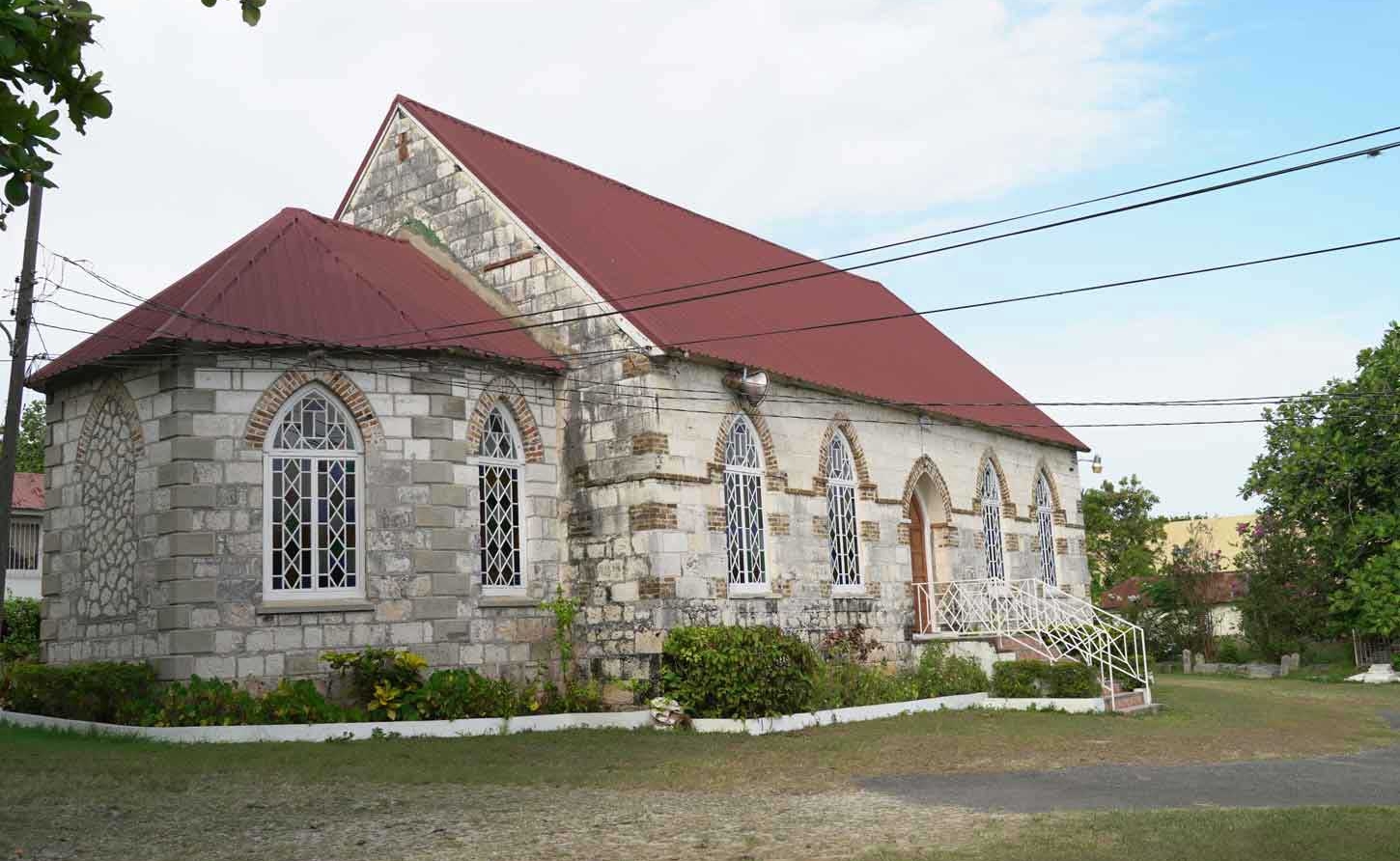JAMAICA | Crisis of Faith: Jamaica's Churches Face Irrelevance as Congregants Struggle

Jamaica's churches, once the bedrock of community life, are increasingly losing their grip on society as they prioritize pastoral comfort over the grinding poverty of their congregants.
In a troubling shift, many of these spiritual sanctuaries – some with dwindling attendance – appear more concerned with maintaining their clergy's welfare than addressing the desperate needs of followers who live below the poverty line and look to their spiritual leaders for both guidance and sustenance.
The situation presents a stark paradox in a nation that boasts the world's highest density of churches per square mile. Across this Caribbean island, some 1,600 houses of worship dot the landscape, yet their presence has failed to stem a rising tide of social decay.
Jamaica continues to grapple with some of the world's highest homicide rates, while losing an estimated J$6 billion annually to farm theft alone.
The irony cuts deep in communities where the sound of hymns mingles with crime reports. While passionate evangelism fills the air on Saturdays and Sundays, and midweek prayer meetings and religious radio programmes echo through church halls, the very streets surrounding these sanctuaries tell a different story – one of escalating violence, sexual offenses, teenage pregnancies, and substance abuse.
This spiritual disconnect has left an entire generation alienated from the church's influence. Young people are increasingly absent from pews their grandparents once filled faithfully, creating a generational void that threatens to shutter some congregations entirely.
Many of today's youth are children of teenage parents who themselves never developed church connections, perpetuating a cycle of religious disengagement.
The vacuum in moral education is particularly telling – values and character development once nurtured in Sunday Schools has now been offloaded onto already overburdened teachers, who must somehow squeeze character education into crowded curricula even as each new cohort of students arrives with increasingly challenging attitudes and behaviors.
The challenge of praedial larceny highlights how deeply these issues have penetrated church communities. As Jamaica's agricultural sector bleeds billions to farm theft, stolen produce flows through local food supply chains, sometimes passing through the unwitting hands of church members themselves.
This represents a missed opportunity for moral leadership – churches could be partnering with the Government's Praedial Larceny Unit to educate congregants about the devastating economic impact of these crimes and champion ethical practices within communities.
Perhaps most frustrating is the vast network of underutilized church infrastructure scattered across the island. These 1,600 buildings, many occupied for just a few hours each week, could serve as vital community hubs.
Their halls could host farmers' meetings, town hall discussions, and civic gatherings, transforming empty spaces into centers of social change. Similarly, the 3,000 schools under religious management represent an untapped resource for evening training programs, community workshops, and adult education.
Despite its deep integration into Jamaica's social fabric – with leadership connections through the Jamaica Council of Churches and the National Prayer Breakfast – the Church's outreach remains surprisingly limited.
Bureaucratic inertia and a reluctance to expand beyond traditional spiritual duties have stifled potentially transformative community initiatives.
The situation is particularly acute among church members who make their living as market vendors, working in unsanitary conditions with minimal oversight.
These vulnerable individuals, often lacking education and resources, find themselves at the mercy of politicians and community dons – a void the Church, with its moral authority and institutional strength, should be filling.
As Jamaica's last bastion of hope for the poor and working class, the Church's waning influence has created a power vacuum now filled by political figures and informal community leaders.
Yet this crisis also presents an opportunity for transformation – a chance for religious institutions to reclaim their historic role as champions of social justice and community development.
The path forward requires more than just spiritual guidance; it demands a delicate balance between evangelism, ecumenical cooperation, and practical intervention in the daily struggles of Jamaica's people.
Churches must evolve from being mere Sunday gathering places into dynamic centers of community empowerment, where faith translates into tangible action.
For Jamaica's religious institutions to remain relevant in the 21st century, they must reconnect with their foundational mission: serving as sanctuaries not just for the soul, but for the whole person.
Only by extending their influence beyond pulpits and pews into the everyday challenges of their communities can churches truly fulfill their divine mandate and help heal a nation grappling with profound social challenges.
The transformation of Jamaica's communities lies not in the quantity of its churches but in the quality of their engagement. With 1,600 churches standing ready to serve, the potential for positive change is enormous.
The question now is whether these institutions will rise to meet the moment, ensuring their legacy extends far beyond Sunday sermons into the heart of Jamaica's struggle for social redemption.
-30-
